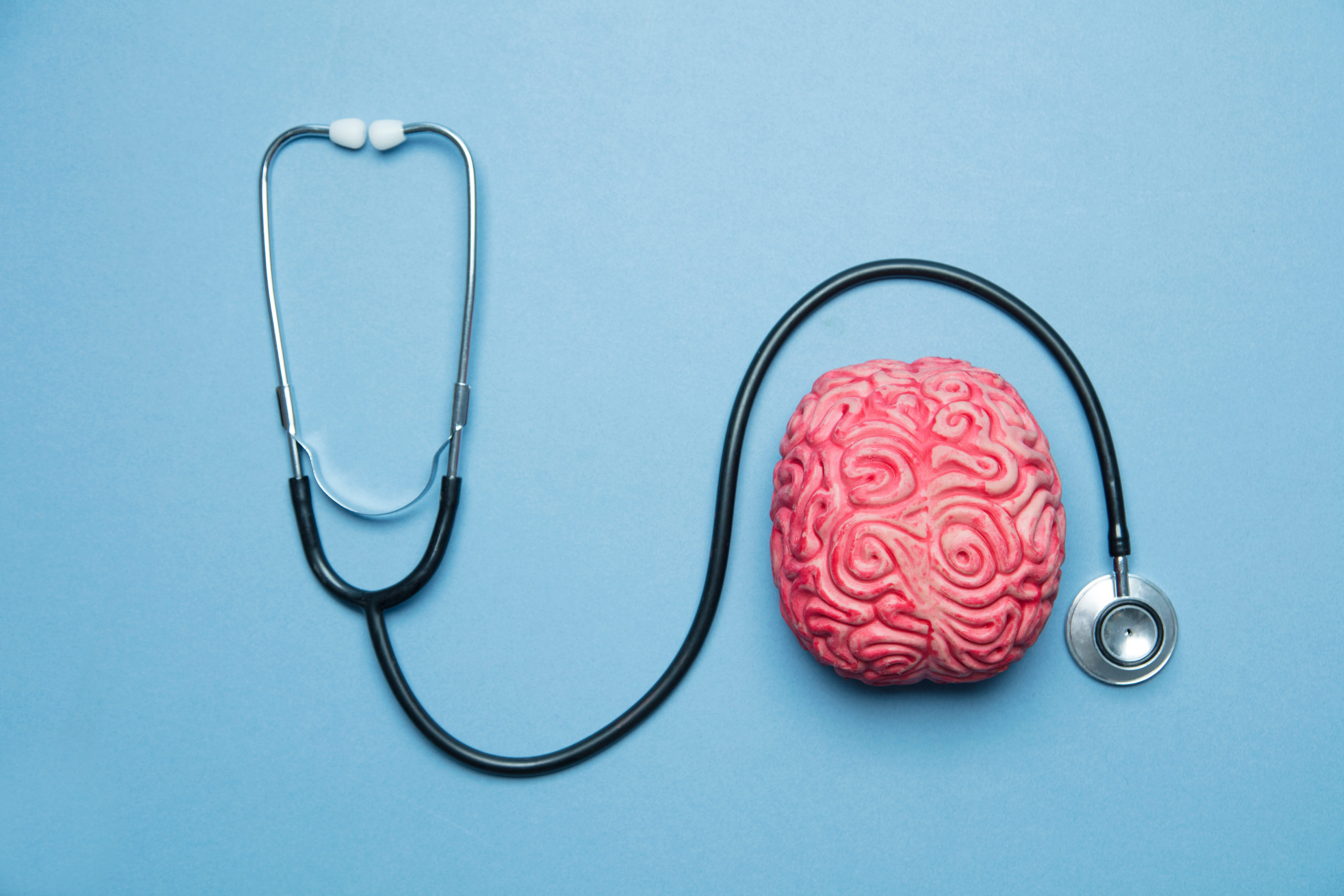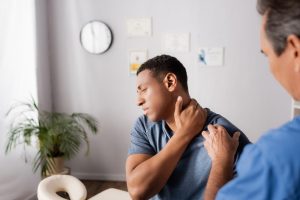Auto accidents can have a lasting impact on a person’s mental health, leading to issues such as PTSD, depression, anxiety, and substance abuse.
Recognizing the signs and symptoms of these mental health issues is crucial in seeking support and recovery.
We will explore common mental health issues post-auto accidents, the signs to look out for, and practical support strategies in Sebring, FL.
Finding the proper mental health support, whether through professional help, support groups, or online resources, is essential for healing and moving forward.
What is Mental Health Post-Auto Accidents?
Mental Health Post-Auto Accidents refers to the psychological and emotional well-being of individuals who have experienced car accidents.
Auto accidents can have a profound impact on mental health, often leading to feelings of anxiety, depression, and post-traumatic stress disorder. The aftermath of a car crash can leave a person feeling vulnerable and overwhelmed, struggling to process the trauma they have endured. This is where psychological support plays a crucial role in helping individuals navigate through their emotional injuries and work toward recovery.
Receiving therapy and counseling can aid in coping with the psychological effects of auto accidents. Through methods such as cognitive-behavioral therapy, individuals can address their fears and anxieties, develop healthy coping mechanisms, and gradually rebuild their sense of security and well-being.
What are the Common Mental Health Issues After an Auto Accident?
After auto accidents, individuals commonly face various mental health issues, including PTSD, depression, anxiety, and substance abuse. Symptoms of PTSD may include flashbacks and heightened anxiety triggered by reminders of the event. Depression may manifest as sadness, hopelessness, and loss of interest in activities. Therapy and medication are typical treatments, with cognitive-behavioral therapy for anxiety and PTSD and antidepressants for depression. Coping strategies such as mindfulness, exercise, and seeking support are essential. Anxiety post-accident may lead to driving anxiety and intrusive thoughts, managed through techniques like deep breathing and therapy. Substance abuse can develop as a coping mechanism, worsening mental health issues and requiring therapy to address underlying problems.
What are the Signs and Symptoms of Mental Health Issues After an Auto Accident?
Signs and symptoms of mental health issues after an auto accident vary and can include physical, emotional, and behavioral manifestations. Physical symptoms may involve increased heart rate, headaches, muscle tension, and fatigue resulting from the impact of the trauma. Emotionally, individuals may feel fear, anxiety, sadness, or numbness, often accompanied by mood swings and difficulty concentrating. Behavioral signs could include irritability, social withdrawal, changes in sleep patterns, aggression, or substance abuse as coping mechanisms, reflecting the internal turmoil and stress post-accident.
Physical Symptoms
Physical symptoms after auto accidents can include injuries from traumatic events, alongside symptoms like headaches, dizziness, and fatigue. These physical manifestations often mirror the emotional trauma experienced. Recurring nightmares and flashbacks can exacerbate anxiety and fear, affecting overall well-being. Recognizing the link between physical and mental health post-accident is crucial, necessitating proper care for both aspects of recovery.
Emotional Symptoms
After auto accidents, emotional symptoms like heightened anxiety, fear, and flashbacks are common, often associated with PTSD. These can affect mental well-being significantly, with anxiety leading to worries about driving, fear triggering panic attacks, and flashbacks intruding on daily life. PTSD symptoms like intrusive memories and hypervigilance are also typical, accompanied by avoidance behaviors, mood swings, and concentration difficulties.
Behavioral Symptoms
After auto accidents, behavioral symptoms like mood changes, social withdrawal, and avoidance behaviors are common, indicating the need for therapy and recovery assistance. Individuals may experience emotional fluctuations, from irritability to sadness or anxiety, leading to withdrawal from social interactions. Therapy offers a safe environment to process emotions and develop coping strategies, while supportive networks and gradual reintegration into social activities can help overcome isolation and rebuild confidence.
What are the Support Strategies for Mental Health Post-Auto Accidents?
Support strategies for mental health post-auto accidents include seeking professional help, practicing self-care, and building resilience to cope with the impact. Professional assistance from therapists and counselors is crucial for addressing psychological effects. Self-care practices like mindfulness, journaling, and exercise contribute to well-being. Building resilience involves developing coping mechanisms, fostering positivity, and seeking social support. Cultivating resilience helps individuals endure emotional challenges effectively.
Seek Professional Help
Seeking professional help is crucial for addressing mental health issues post-auto accidents and providing access to counseling services and trauma counseling. Auto accidents can result in lasting effects like anxiety, depression, and PTSD, making it essential to seek support from trained professionals. Counseling services offer individuals the support and tools to navigate challenges effectively, including exploring emotions, learning coping mechanisms, and developing resilience. Tailored therapy options like cognitive-behavioral therapy or eye movement desensitization and reprocessing can promote healing. Trauma counseling focuses on addressing the psychological impact of the accident, helping individuals process experiences and reduce distress. Seeking professional help enables individuals to rebuild mental strength, regain control, and work towards recovery and well-being.
Build a Support System
Building a support system, post-auto accidents involves utilizing community resources and engaging with support groups for holistic healing. Support groups provide a space for individuals to connect with others who share similar experiences, offering empathy, insights, and motivation. Community resources like counseling services and rehabilitation centers provide professional guidance tailored to individual needs. Establishing a strong support network can significantly enhance mental health recovery and overall well-being after auto accidents.
Practice Self-Care
Practicing self-care is vital for maintaining emotional well-being post-auto accidents and promoting holistic healing. Self-care activities like meditation, exercise, and journaling help manage stress and anxiety, aiding in the healing journey. Prioritizing well-being and adopting a proactive approach to mental health is encouraged through self-care practices. Embracing a holistic approach to recovery includes physical, emotional, and spiritual dimensions, fostering comprehensive healing.
Join Support Groups
Joining support groups post-auto accidents can offer valuable resources for recovery and enhance emotional well-being. These groups provide a safe space for individuals to connect with others who share similar experiences, fostering understanding and camaraderie. Members can share coping strategies, offer mutual encouragement, and normalize the recovery process, reducing feelings of isolation. Shared experiences within the group provide insights for personal growth and resilience.
Engage in Relaxation Techniques
Engaging in relaxation techniques is beneficial for managing stress and promoting mental well-being after auto accidents, alongside traditional therapy options. When integrated into daily routines, techniques like deep breathing exercises and meditation foster calm amid chaotic emotions. This can reduce anxiety and enhance sleep quality, which is often disrupted post-accident. Additionally, these techniques empower individuals, giving them a sense of control over their emotions and aiding in resilience and strength during the healing process. They serve as valuable coping mechanisms for navigating the psychological aftermath of accidents.
How to Find Mental Health Support in Sebring, FL?
In Sebring, FL, finding mental health support post-auto accidents involves accessing mental health clinics and support groups tailored to address the impact of such events. Reputable clinics like Sebring Wellness Center and Harmony Hills offer therapy, medication management, and psychiatric evaluations to assist individuals. Support groups like the Sebring Mental Health Support Group provide a community where individuals can connect with others facing similar challenges. Online resources such as Mental Health America of Florida and the National Alliance on Mental Illness offer valuable information and tools for mental well-being. These resources, including therapy options, trauma recovery assistance, and online platforms, help individuals in Sebring navigate the emotional aftermath of auto accidents effectively.




